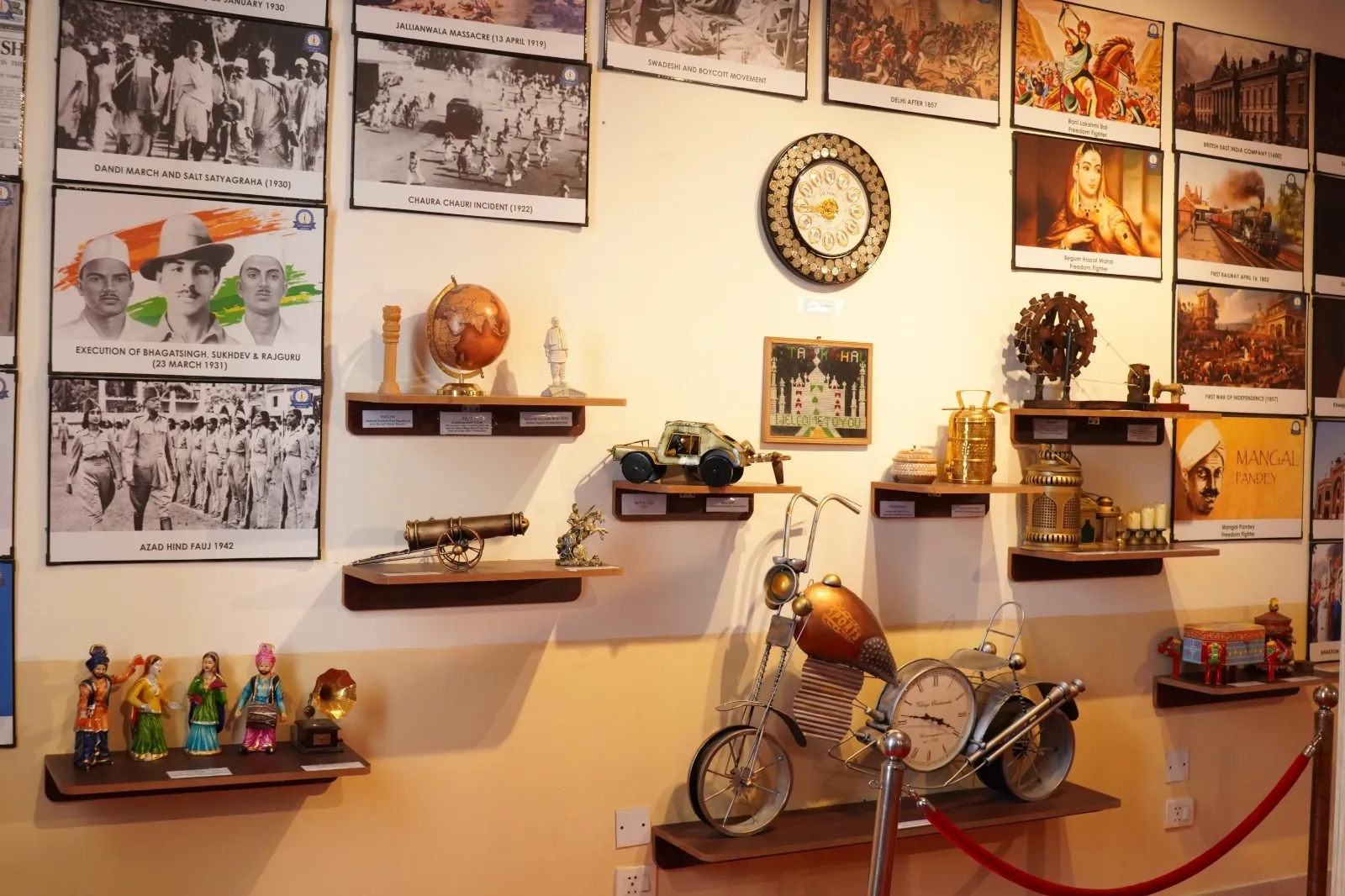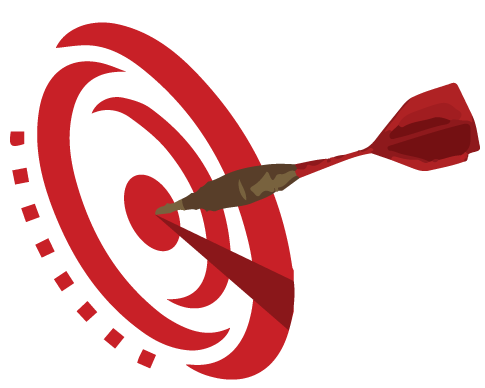A School of Social Science and Liberal Arts is a cornerstone of higher education, designed to cultivate well-rounded individuals equipped with critical thinking, communication, and problem-solving skills essential for navigating a complex world. This school typically offers a broad spectrum of disciplines spanning the humanities (such as literature, history, philosophy, and languages) and social sciences (including psychology, sociology, political science, economics, and anthropology). The emphasis is often on interdisciplinary learning, encouraging students to connect ideas across different fields and develop a holistic understanding of human behavior, societies, and cultures. Graduates from such programs are not just prepared for specific careers, but rather for a diverse range of professions that value adaptability, ethical reasoning, and the ability to engage meaningfully with societal challenges. They are encouraged to explore their passions, conduct research, and participate in experiential learning, fostering both intellectual depth and practical capabilities.


This is your strategy for fostering deep understanding and critical thinking:
This is how students truly engage with these fields:

Recognised
CT University has obtained the recognition/approval of the Bar Council of India to run its Law programs under the School of Law. Approval by UGC under Section 2(f) of the UGC Act, 1956. Approval by UGC under Section 22 of the UGC Act, 1956.

Years Legacy
CT University owes its genesis to the establishment of the CT Educational Society in Jalandhar in the year 1997. After the legacy of more than 22 years, CTU was established in 2017 under the excelling vision of Sardar Charanjit Singh Channi, Chancellor, CTU.

of CT University in India?
CTU Overall ranking by IIRF is 133 out of 171 colleges in India in 2023 CTU is a widely recognised and awarded university in India. CTU has excelled in providing quality education across various disciplines and ranked 26 in the ARIIA Rankings

Experience
There is excellent placements and job opportunities in CT University. Almost 75-80% of students get placed in many big firms. Major Co.s which visit the campus are TATA Motors, HDFC Bank, Mahindra & Mahindra, etc. The average package offered is around 5–10 lakhs.